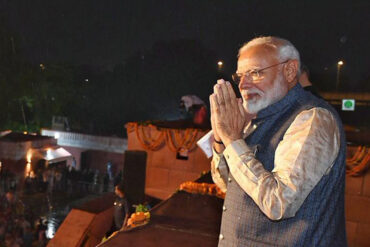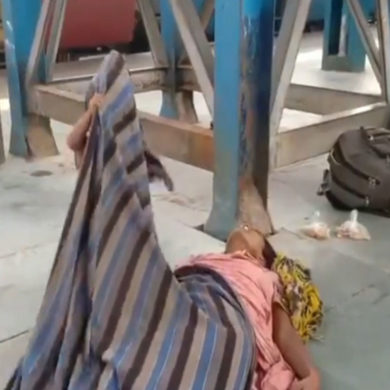By Justice K. Chandru
M.V. Jayarajan, the LDF Minister who recently quit the Cabinet, was incarcerated for calling the judges “sumbamars”. For abusing judges or criticising their judgment with bad motive one can be hauled up for contempt and may be punished. But curiously, the Supreme Court had issued a notice to Markandey Katju to come and argue a review petition (registered Suo Moto) in Soumya’s case. This action of the Court is clearly unwarranted, besides being illegal.
In sensitive criminal cases, when passions are roused, it is natural for people to criticise the Court, which either acquits an accused or reduces the sentence. Trial by media is on the increase and people more often believe the person who is arraigned before the Court is the real culprit. They do not understand the nuances of criminal law. Even the police, which is tired of conducting a proper investigation and brings the guilty to trial with satisfactory evidence, often indulges in fake encounters.
When a medical student (Navarasu) of Annamalai University (Chidambaram), was killed after being ragged, a fellow student (John David) was booked for murder. Though he was convicted by the trial court, the High Court acquitted him. Senthamizh Kizhar (a small-time journalist) wrote a letter to the judges that since the High Court had acquitted the accused, it is its duty to bring the real culprit to book, especially when the murder of the victim was not in doubt. For this preposterous posture the High Court visited with him a contempt notice. Finally, he was convicted with six months of imprisonment.
Now, the Supreme Court, enraged by Katju’s comment on the Soumya murder case, has given him an invitation to come and argue a review petition registered by it. Whether such an action is valid in law and proper is a question that raises many eyebrows.
Very recently Katju was a litigant before the Supreme Court, challenging the sensure motion passed by Parliament. Should Katju agree to go to the Court, he will be an arguing counsel. More than his postings on social media, this may attract more crowds to Tilak Marg where the Court is located. But the question is whether he can make such an appearance and argue a review petition, in the same Court in which he was adorning the Bench.
Under Article 124 (7) of the Constitution, such an action is prohibited and the provision reads “No Person who has held office as a Judge of the Supreme Court shall plead or act in any Court or before any authority within the territory of India.”
Whether Soumya’s case was rightly decided or not is a legal debate. But the power of review of its own judgment by the Supreme Court is circumscribed by Article 137 of the Constitution, under which the Court may review its own order, subject to the rule made by it or by any law made by the Parliament. But there is no provision under which an interview given by a person to a television channel (Asianet), leads to the Court inviting him to justify the statement made by him before the media.
It is well settled that in criminal law there is no scope for any third party intervention in any criminal proceeding. Such a ruling was given by the Supreme Court in H.S. Chowdhry’s case (1992). Is the action initiated as a reprisal for Katju’s blog in which he said, “I can say this, that a vast majority of the present SC judges are people of very low intellectual level?” In that very same posting Katju said that he did not fear being sued for contempt for such “dangerous remarks”. Therefore, calling the modification of the death sentence to Govindachamy in the Soumya murder case – “that the Court had grievously erred by law” – is only an opinion over which he cannot be fastened with a liability of standing before the Court justifying his statements.
Curiously, the Supreme Court disposes of the review applications only in the chambers. And ordering to hear the Suo Moto review application in the open Court (after conclusion of the arguments of the Attorney General appearing for Kerala State) does not show that the Court was convinced of the alleged illegalities in its order, but to gag Katju, who has now become a thorn in the flesh due to his Facebook postings.
Justice K. Chandru is a retired judge from the High Court of Madras.
Main photograph by Nikhil Kanekal, CC BY-SA 3.0, via Wikimedia Commons.
Order of the Supreme Court in Review Petition by The Kochi Post on Scribd







